Charles d’Haussy, head of the dYdX Foundation, recently engaged in an enlightening dialogue about the evolution of decentralized finance, or DeFi, and the potential symbiosis between centralized and decentralized exchanges. The dYdX Foundation, an impartial nonprofit pushing for the progression of the dYdX protocol, recently showcased a public testnet for its latest iteration, v4.
On July 5, the testnet unveiling marked the penultimate milestone in a roadmap of the foundation's decentralization drive, initiated a year ago. It signifies the dYdX's leap ahead of its launch plan for the v4 mainnet, which the foundation contends signifies total decentralization.
The present live version of dYdX, albeit not custodial of user assets, retains elements of centralization through its centralized order book and matching system. This hiccup, the foundation affirms, will be eradicated in the soon-to-be-released version.
The platform's current trading volume is slightly over a billion dollars daily, making it the leading decentralized exchange for perpetuals, bonds devoid of an expiration date.
The imminent shift towards utter decentralization does not put central providers of perpetuals in the crossfire, insists d’Haussy. In a tete-a-tete during the Ethereum Community Conference in Paris, he shed light on his vision of the industry's future, which he termed as a "decentralized disruption".
However, he believes that centralized organizations are not necessarily at odds with DeFi. Both can coexist, and even collaborate, in ways that enhance the user experience in the crypto world.
Whether in the coming months or years, he foresees centralized exchanges serving as access points to decentralized ones. To illustrate this, he draws a parallel with traditional financial institutions that offer multiple services.
Just like the bank sells various services alongside its core deposit business, he suggests centralized exchanges could adopt a similar model and aid in a smoother transition to DeFi. It is a pattern he considers beneficial for the ecosystem, as it enables people to experience crypto services in a way that best suits them.





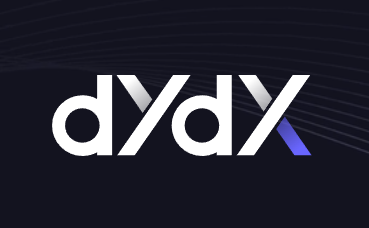
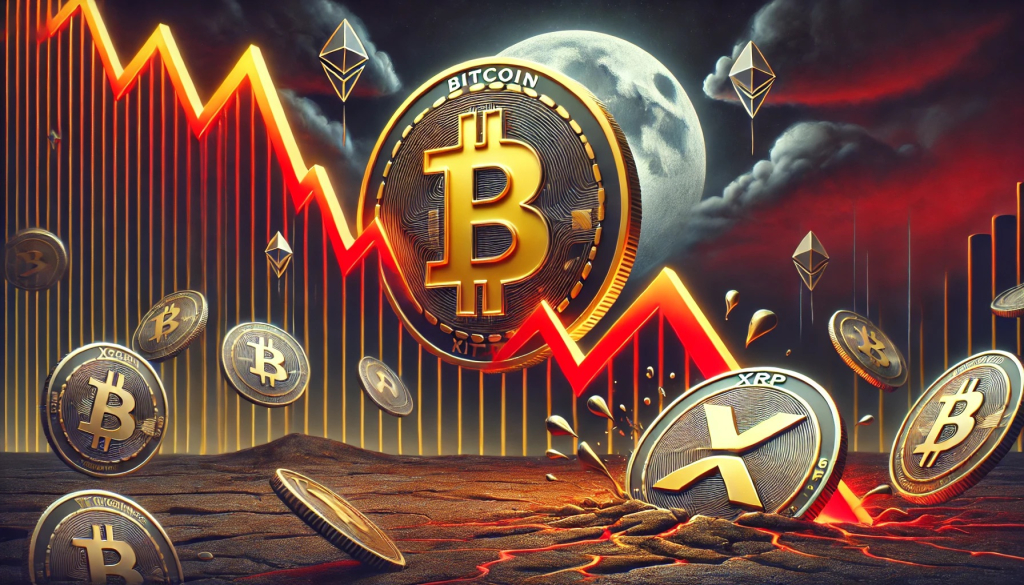
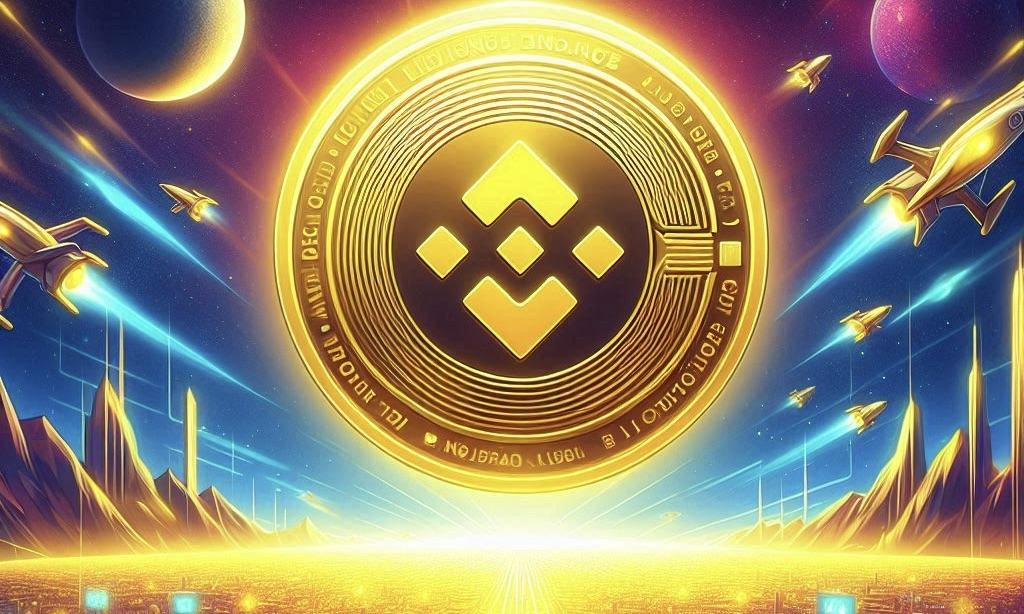


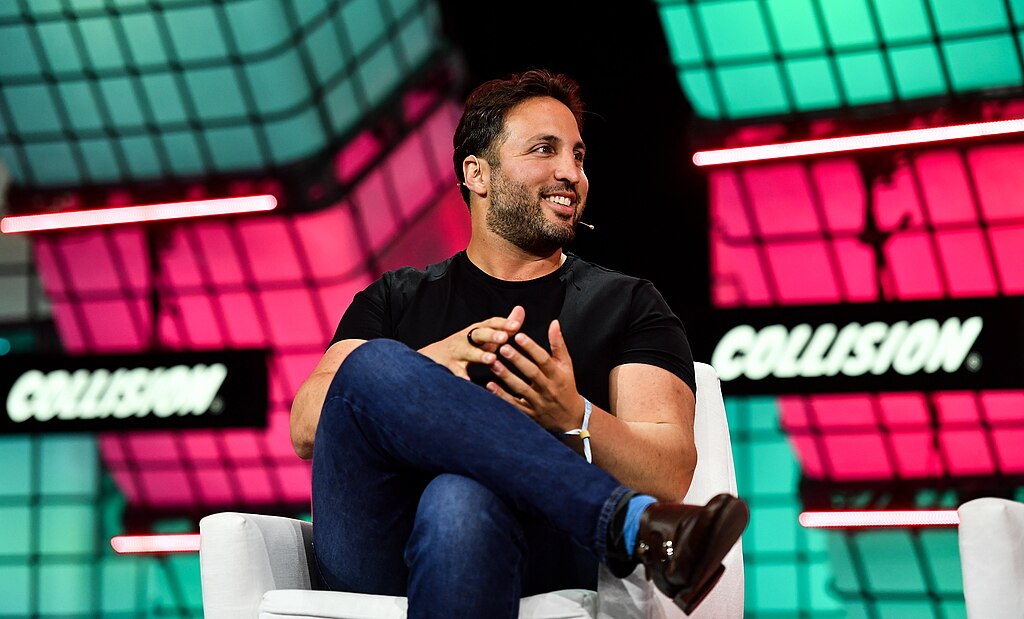



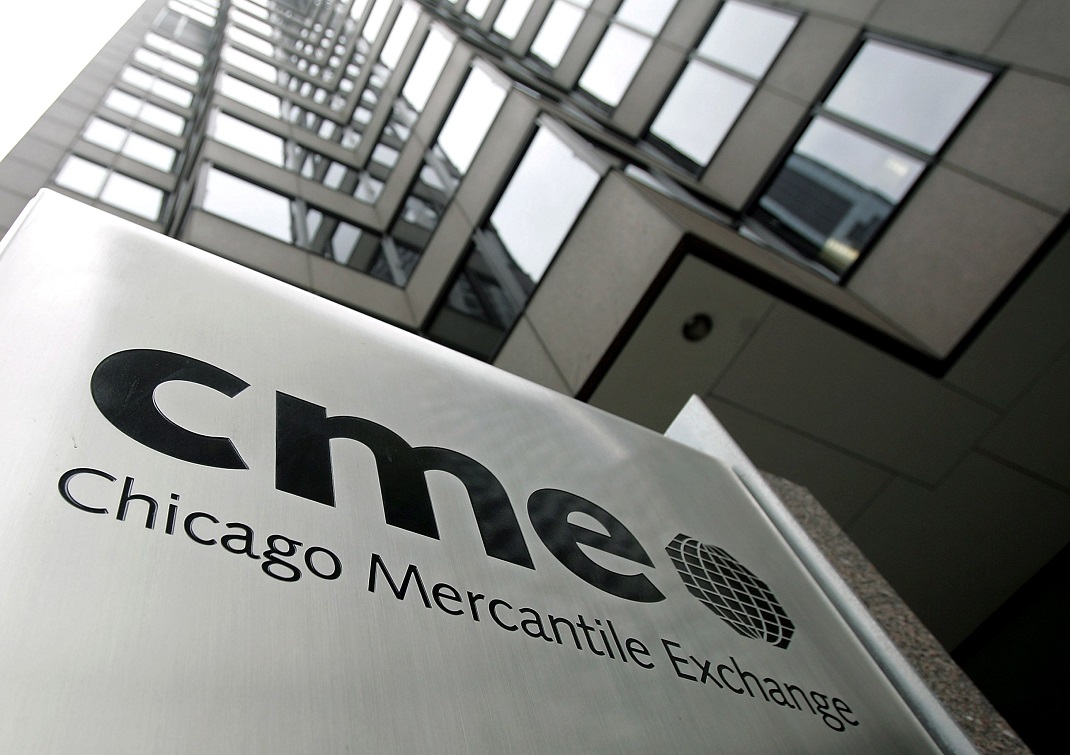










Comment 0